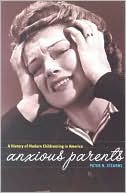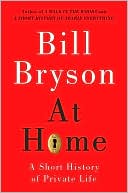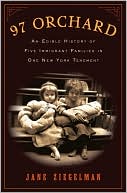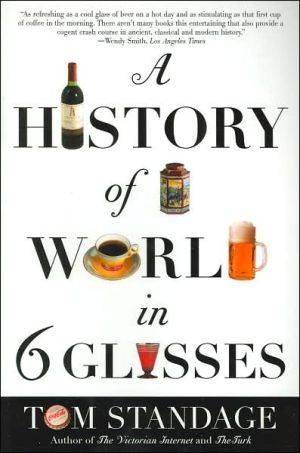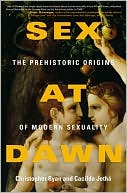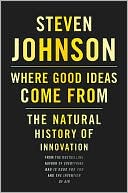Anxious Parents: A History of Modern Childrearing in America
Search in google:
The nineteenth and twentieth centuries saw a dramatic shift in the role of children in American society and families. No longer necessary for labor, children became economic liabilities and twentieth-century parents exhibited a new level of anxiety concerning the welfare of their children and their own ability to parent effectively. What caused this shift in the ways parenting and childhood were experienced and perceived? Why, at a time of relative ease and prosperity, do parents continue to grapple with uncertainty and with unreasonable expectations of both themselves and their children? Peter N. Stearns explains this phenomenon by examining the new issues the twentieth century brought to bear on families. Surveying popular media, "expert" childrearing manuals, and newspapers and journals published throughout the century, Stearns shows how schooling, physical and emotional vulnerability, and the rise in influence of commercialism became primary concerns for parents. The result, Stearns shows, is that contemporary parents have come to believe that they are participating in a culture of neglect and diminishing standards. Anxious Parents: A Modern History of Childrearing in America shows the reasons for this belief through an historic examination of modern parenting. Publishers Weekly While other authors have stressed the 20th century's emphasis on parental anxiety by focusing on the advice industry (e.g., Ann Hulbert's recent Raising America, Forecasts, Mar. 10), Stearns, a George Mason University history professor, takes a broader approach. If the 20th century invented the scientific approach to child care, it was partly because parents were seeking expert opinions. Modern life had created real changes in the lives of children: urbanization and smaller, nuclear families. While earlier generations of parents had viewed children as resilient, in the 20th century they were considered vulnerable, which shaped parents' approaches to children's discipline, schooling, chores and uses of leisure time. The impact of parental anxiety on children's daily lives may not have been drastic, but it did steer children in certain parent-sponsored directions, says Stearns. Children became more school-oriented, their free time more regulated. As parents worried that their kids were bored, kids began describing themselves that way. Parental hovering increased adolescent need to differentiate from parents; constant emotional temperature-taking may have led to an increase in childhood depression. Stearns urges "more parental backbone" to reject guilt tripping by the experts and more "decency" from the advice givers. Less nostalgia and more study of how things really were and are (i.e., by reading excellent texts like this one) may give parents and educators a clearer picture of how well they're doing. Stearns has put a lot of thought into this dense but elegantly argued and thoroughly researched volume, and it should become a classic in the study of American childhood. (May) Copyright 2003 Reed Business Information.
PrefaceAcknowledgments1Anxious Parents: a 20th-Century History12The Vulnerable Child173Discipline574All Are above Average: Children at School815Work and Chores: Do I Have To?1256I'm Bored: The Two Faces of Entertainment1637Conclusion: The Impact of Anxiety211Appendix233Notes235Index245About the Author251
